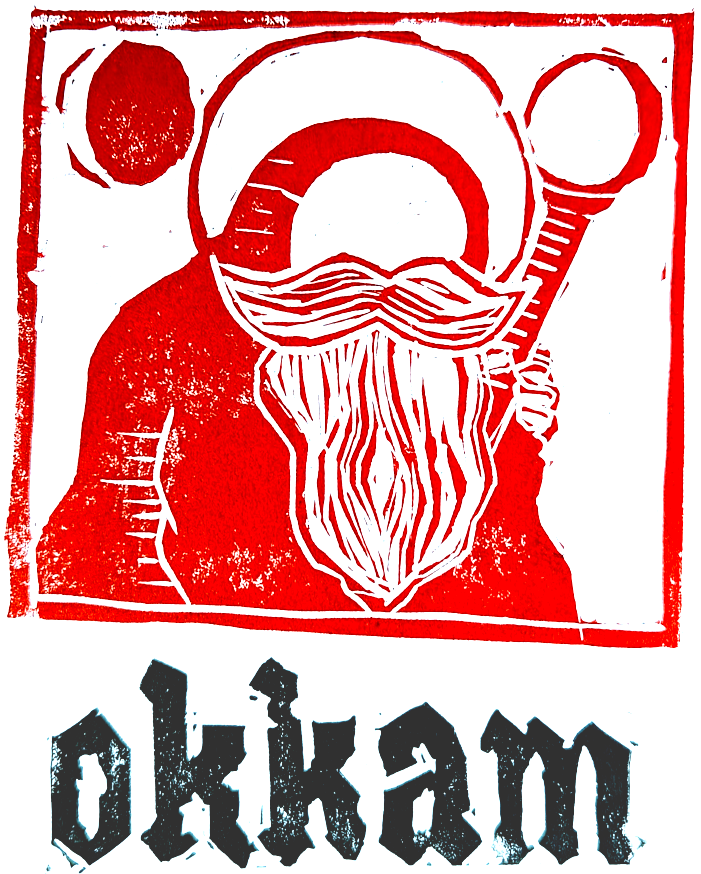
a roleplaying game by Skip Rainsmyth.
DIGITAL - PHYSICAL - DISCORD - SUBSTACK
"It is vain to do with more
that which can be done with fewer."
- William of Ockham
"No, no, the adventures first!
Explanations take such a dreadful time."
- Lewis Carroll
© 2025